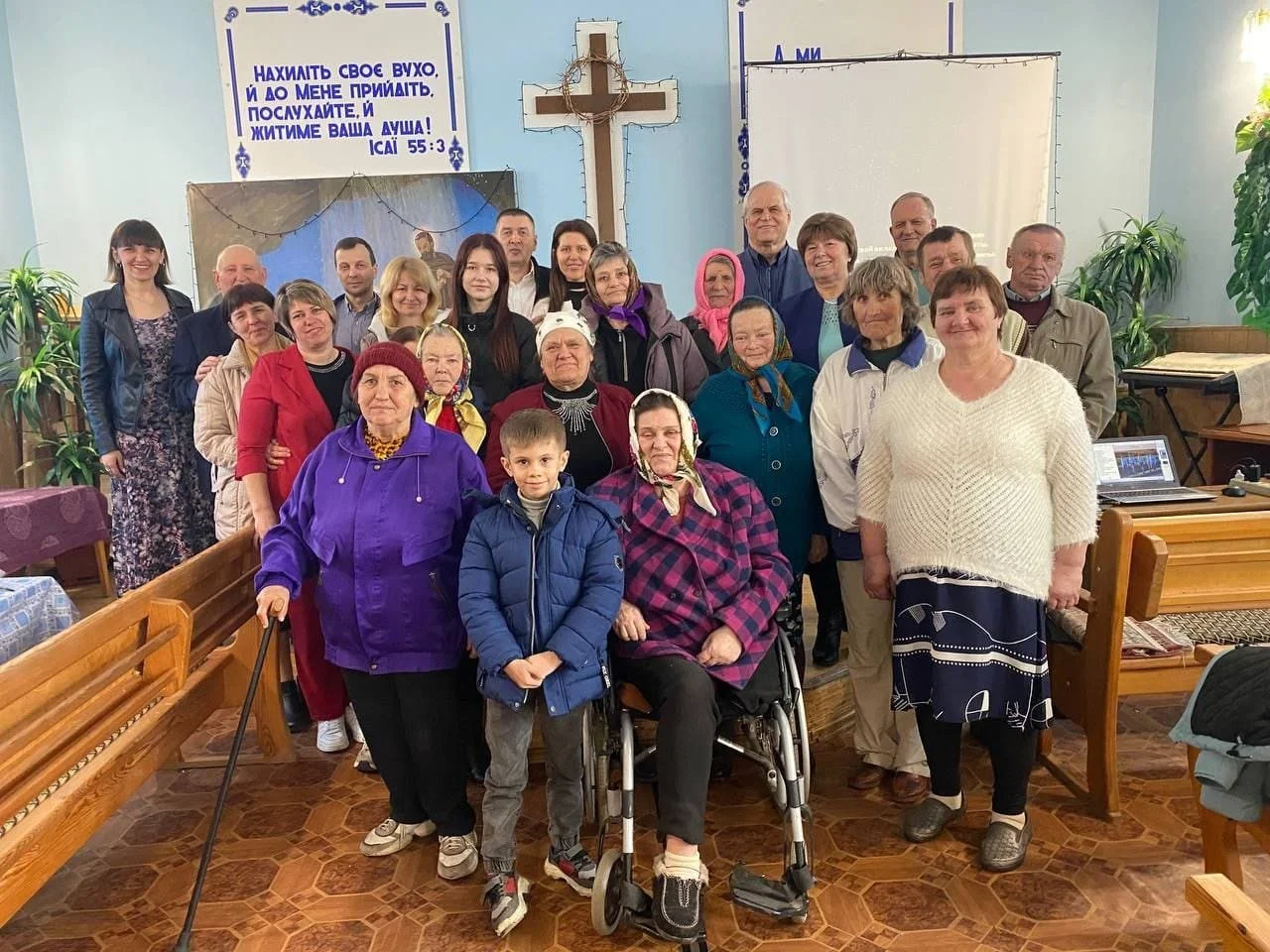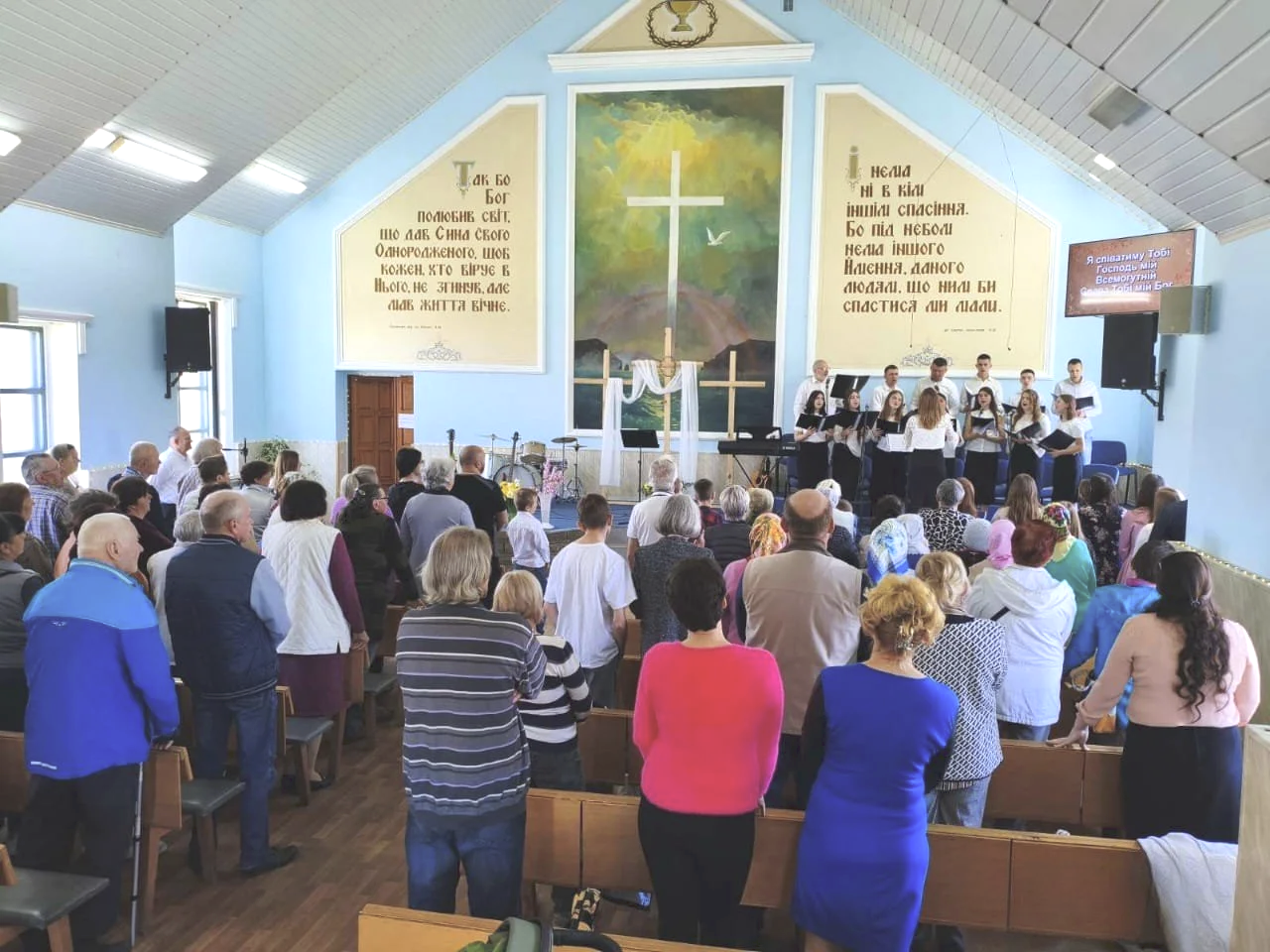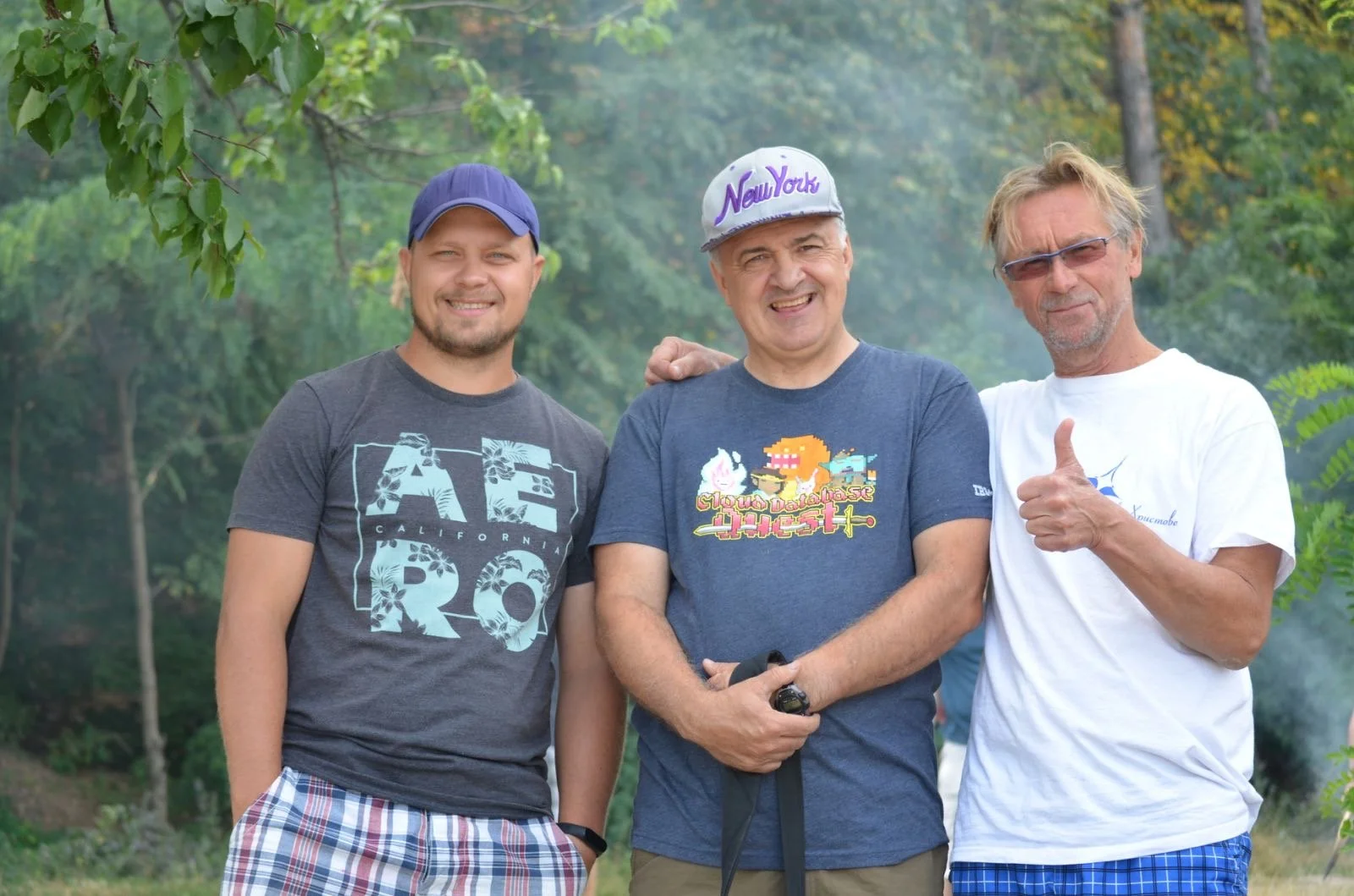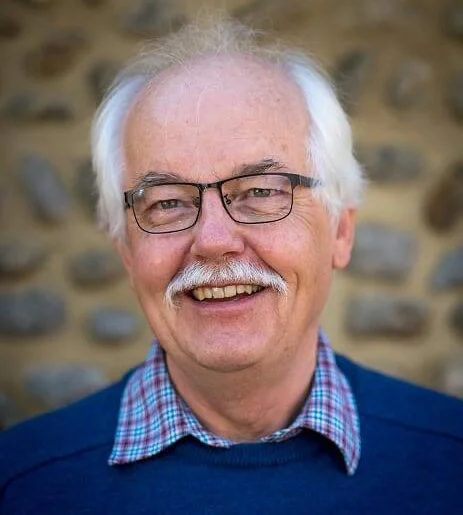
Nurturing global Christian community
Our partnership programme connects one UK church with one Ukrainian church, encouraging them to establish direct lines of communication to share news of ministry and support one-another in prayer.
What are church partnerships?
We passionately believe that partnering churches is a great way to bless congregations both in the UK and Ukraine. Partnerships reflect the New Testament model of churches, where we read about mutual care, prayer and support across the first century churches. Partnerships offer an opportunity for connection between churches in a flexible way; nurturing genuine relationship and friendship. We connect one UK church with one Ukrainian church, encouraging them to establish direct lines of communication to share news of ministry and support one-another in prayer.
Who are the churches?
We work closely with several churches in central Ukraine, from city churches to small village fellowships. We welcome all UK churches seeking partnerships to get in touch so that we can see if partnership is right for you.
What is involved?
The root of these partnerships is designed to be relationship, hence it is up to the partnered churches to shape what that looks like. We recommend mutual sharing of news and updates at least once a month, with a zoom meeting once a quarter (we can help with interpretation). When the war is over you may decide that you would like to send a team to Ukraine, in which case we will help with all practicalities. If financial support is to be shared, we recommend that this is done through UCM for the safety of both parties
How does it work?
-

Step 1
UK church gets in touch with UCM and we get to know you and your church context.
-

Step 2
Once we have an understanding of your church context we will identify suitable potential partners in Ukraine. We seek to partner churches who have similar vision and values so that they can walk closely together in partnership. You may be presented with a number of options to chose from.
-

Step 3
Once the partnership is identified, we will introduce the church leaders from both churches and help establish lines of communication. This is normally done via a video call.
-

Step 4
It is up to you to continue your partnership as you chose. UCM are always here to support as needed, but we do not want to stand in the way of growing natural relationship between partners.
Ready to explore partnerships?
Do get in touch if you’de like to know more or discuss partnering your church.
Mike, Bethel Baptist Church
“Our experience at Bethel Baptist Church has been very positive. We established the partnership with Kadena Gora church in Ukraine through the support and guidance of UCM's Director in early 2020. During Covid and then after the outbreak of war we were able to have regular contact through Facebook Messenger and support each other through joint remote prayer times on Zoom or video exchanges - and still do. Our church really caught the vision of wanting to support the Ukraine fellowship especially during the war. The faith and resilience of the Christians in Kadena Gora and their desire to reach out with the good news of the gospel and the love of Christ through relief aid was a great and sometimes challenging inspiration to all of us. When there was a genuine need such as setting up a children's play park next to the church to attract local families, building a covered area for evangelistic meetings and youth camps or simply installing an outside loo there was an outpouring of generous giving which was thrilling to witness. And through a missional WhatsApp group we have seen some amazing answers to prayer as people there come to know Jesus and are baptised.”
Tom, Ruwach Church
“We really appreciate the work that UCM are doing to support pastors, churches and ministries in Central Ukraine and that they make it possible (and so easy) to become involved in that work in our own way. We love that our partnership with Christmas Church is a two-way relationship where we are able to encourage and pray for one another as we share what we are seeing God do in our own contexts.”




